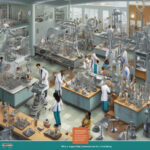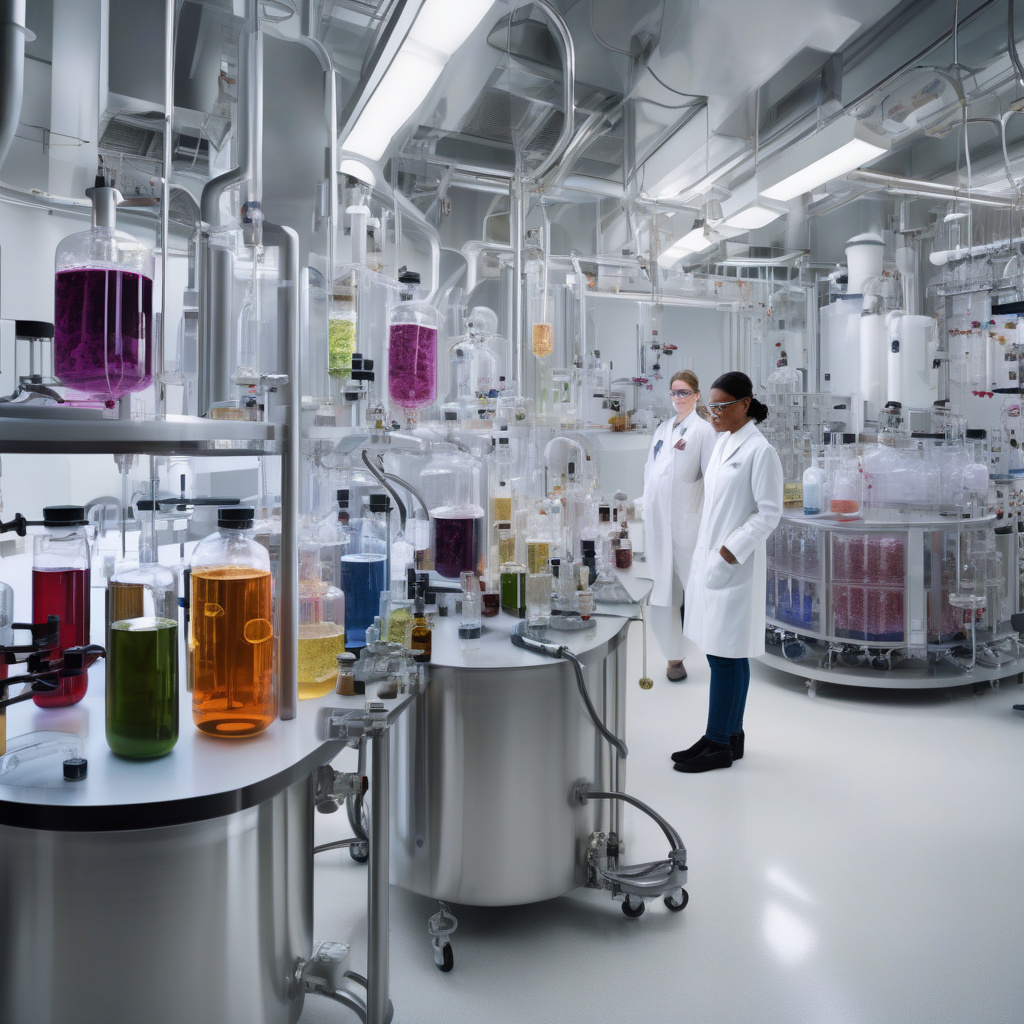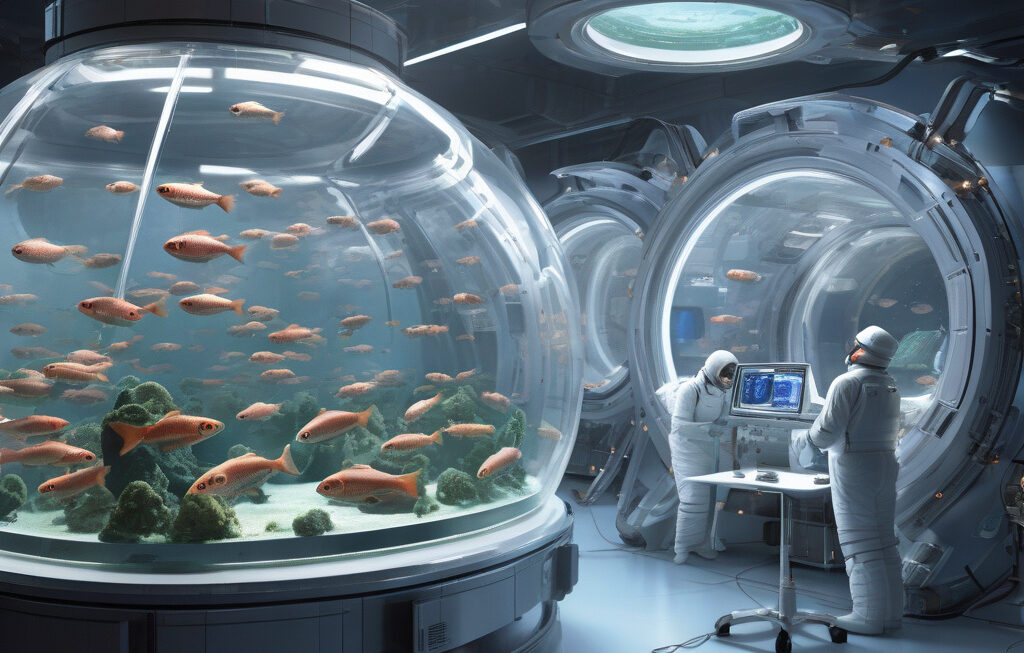EU Backs Fermentation Technologies with €350m to Revolutionize Food Innovation
The European Union has taken a significant step towards revolutionizing the food industry by investing €350 million to scale up fermentation technologies. This substantial funding aims to drive sustainable food innovation across Europe, marking a pivotal moment for the future of food production and consumption in the region.
Fermentation technologies have gained recognition for their ability to transform raw materials into a wide range of valuable products, including food and beverages, pharmaceuticals, and bio-based chemicals. By harnessing the power of fermentation, researchers and companies can create sustainable alternatives to traditional production methods, reducing environmental impact and promoting resource efficiency.
With the EU’s substantial financial support, fermentation technologies are poised to play a central role in shaping the future of the food industry. By investing in scaling up these technologies, the EU aims to accelerate the development and adoption of innovative solutions that address key challenges such as food security, climate change, and resource scarcity.
One of the primary benefits of fermentation technologies is their versatility and scalability. From producing plant-based meat alternatives to developing biofuels and bioplastics, fermentation offers a sustainable and cost-effective way to meet the growing demand for environmentally friendly products. By supporting the scale-up of fermentation processes, the EU is paving the way for a more sustainable and resilient food system.
Moreover, fermentation technologies have the potential to drive economic growth and create new opportunities for European businesses. By investing in research and innovation in this field, the EU is fostering a dynamic ecosystem of startups, SMEs, and established companies that are at the forefront of food technology. This funding will not only support the development of new products and processes but also stimulate job creation and market competitiveness.
In addition to boosting innovation and economic development, the EU’s investment in fermentation technologies underscores its commitment to sustainability and climate action. By promoting the use of fermentation as a green technology, the EU is taking concrete steps towards achieving its climate goals and building a more resilient food system that can withstand the challenges of the 21st century.
Overall, the EU’s decision to back fermentation technologies with €350 million reflects a bold and forward-thinking approach to driving sustainable food innovation. By investing in the future of food production and embracing cutting-edge technologies, Europe is positioning itself as a global leader in the transition towards a more sustainable and resilient food system.
As the impact of this investment unfolds in the coming years, it is clear that fermentation technologies will play a crucial role in shaping the future of the food industry and contributing to a more sustainable world for generations to come.
#EU, #FermentationTechnologies, #FoodInnovation, #Sustainability, #ClimateAction











